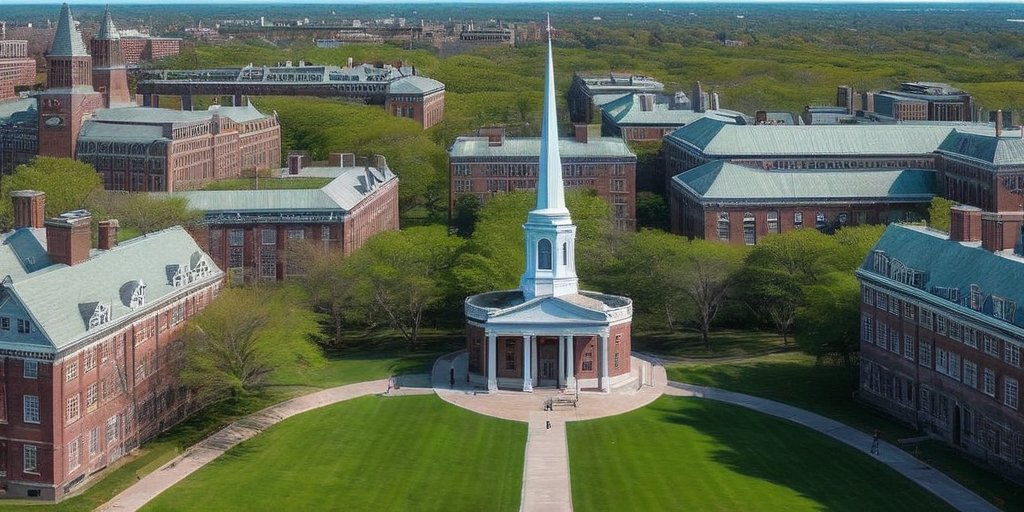In a significant move to enhance accessibility, Harvard University declared that it will provide free tuition for families with incomes below $200,000 starting in the 2025-2026 academic year. This initiative is part of a broader trend among elite universities aimed at expanding financial aid options in light of rising educational costs. Harvard’s President, Alan Garber, emphasized that making the institution financially accessible to a broader array of families enriches the academic environment by fostering diverse backgrounds and experiences among its students.
Currently, only about 86% of U.S. families qualify for Harvard’s financial aid, which previously supported families with incomes under $85,000 by covering the total cost of education, including housing and health insurance. Under the new policy, families earning less than $100,000 will still receive comprehensive support for living expenses, aiming to alleviate the financial burden of a Harvard education.
The urgency of expanding such financial aid programs coincides with political moves by the Trump administration, which has been actively targeting university funding linked to diversity, equity, and inclusion (DEI) initiatives. The administration’s stance has resulted in tensions, as it argues that many DEI practices constitute racial discrimination. As a mark of this commitment, the Department of Education is investigating 52 universities across the country for what it describes as “racial preferences and stereotypes in education programs and activities.”
As reported, the average private university in the U.S. charges about $58,000 per academic year for on-campus living, a cost that has more than doubled since 2001. This makes Harvard’s initiative particularly noteworthy in the current context where most American families are grappling with rising tuition costs, and the median household income was reported at $80,000 in 2023 by the U.S. Census.
Harvard’s announcement aligns with similar strategies adopted by other prestigious institutions like the University of Pennsylvania and the Massachusetts Institute of Technology, both of which have recently committed to free tuition for families earning under $200,000. This shift marks a significant strategic adjustment amid an increasingly competitive higher education environment striving to attract and retain diverse student populations.
The timing of these financial aid expansions comes after the U.S. Supreme Court’s decision last year to abolish affirmative action, which has reportedly led to a decline in racial diversity at universities across the country. With the landscape of higher education rapidly evolving, these decisions hold substantial implications for the future of university funding and the inclusivity of America’s top colleges.
